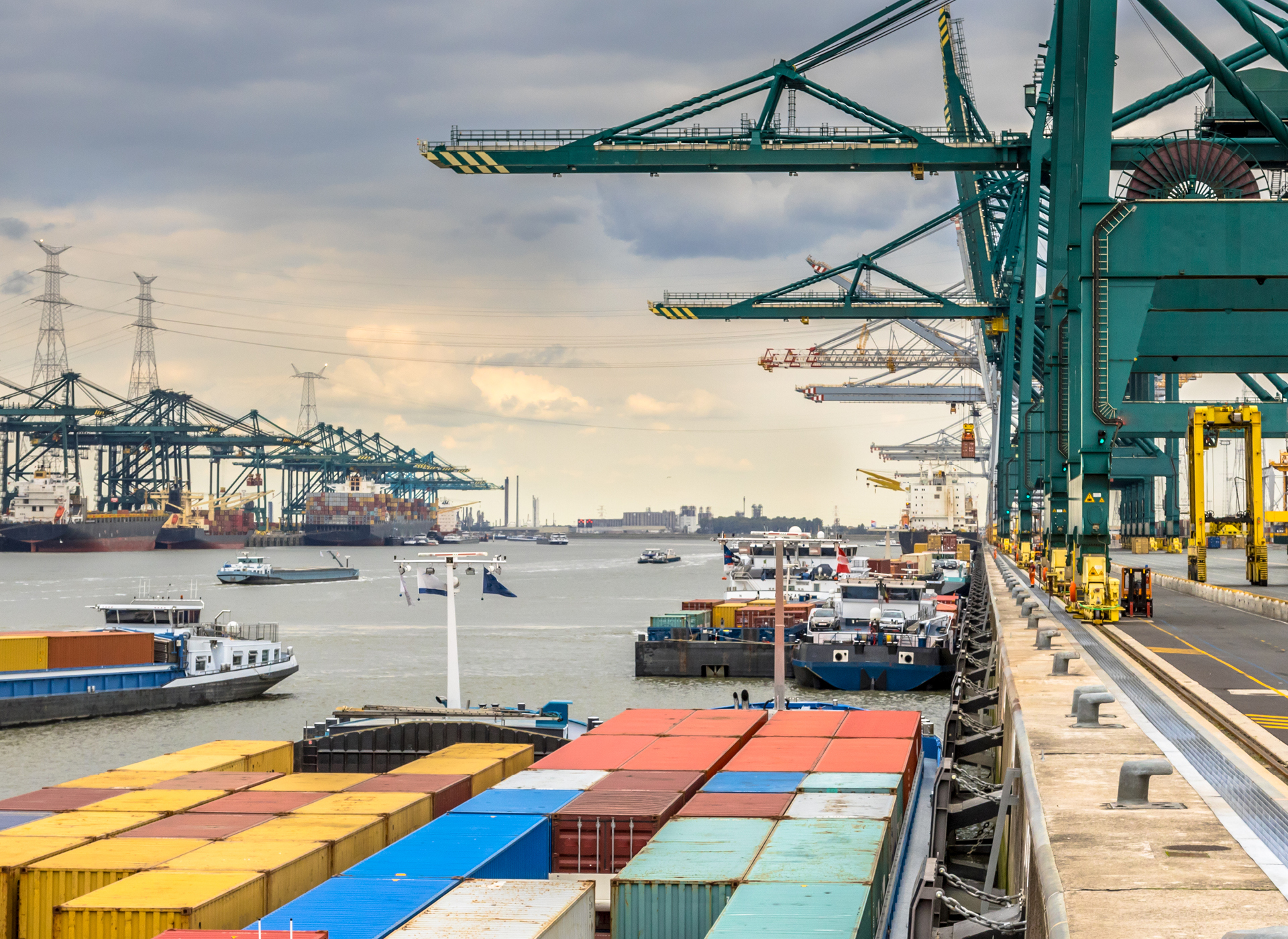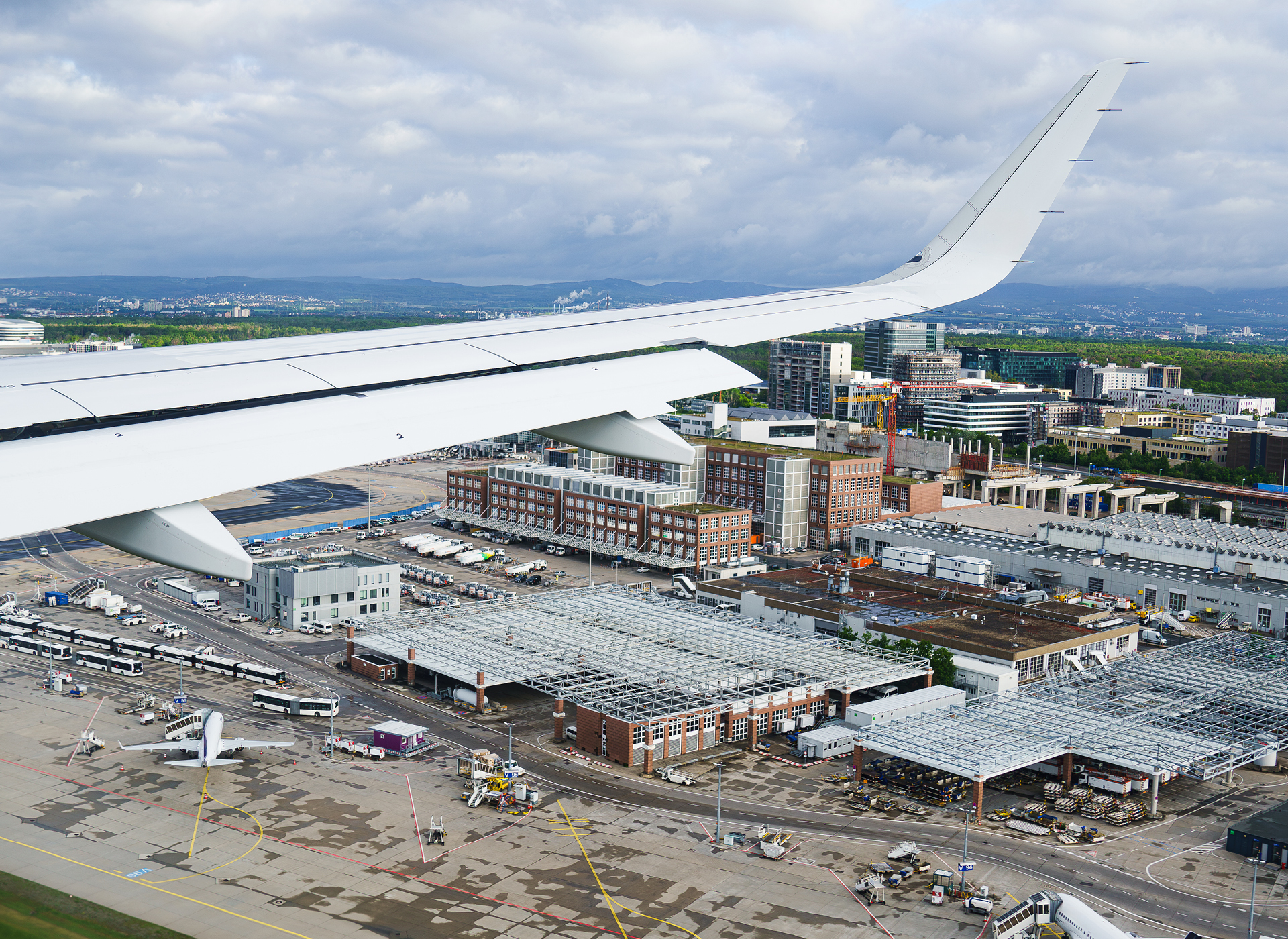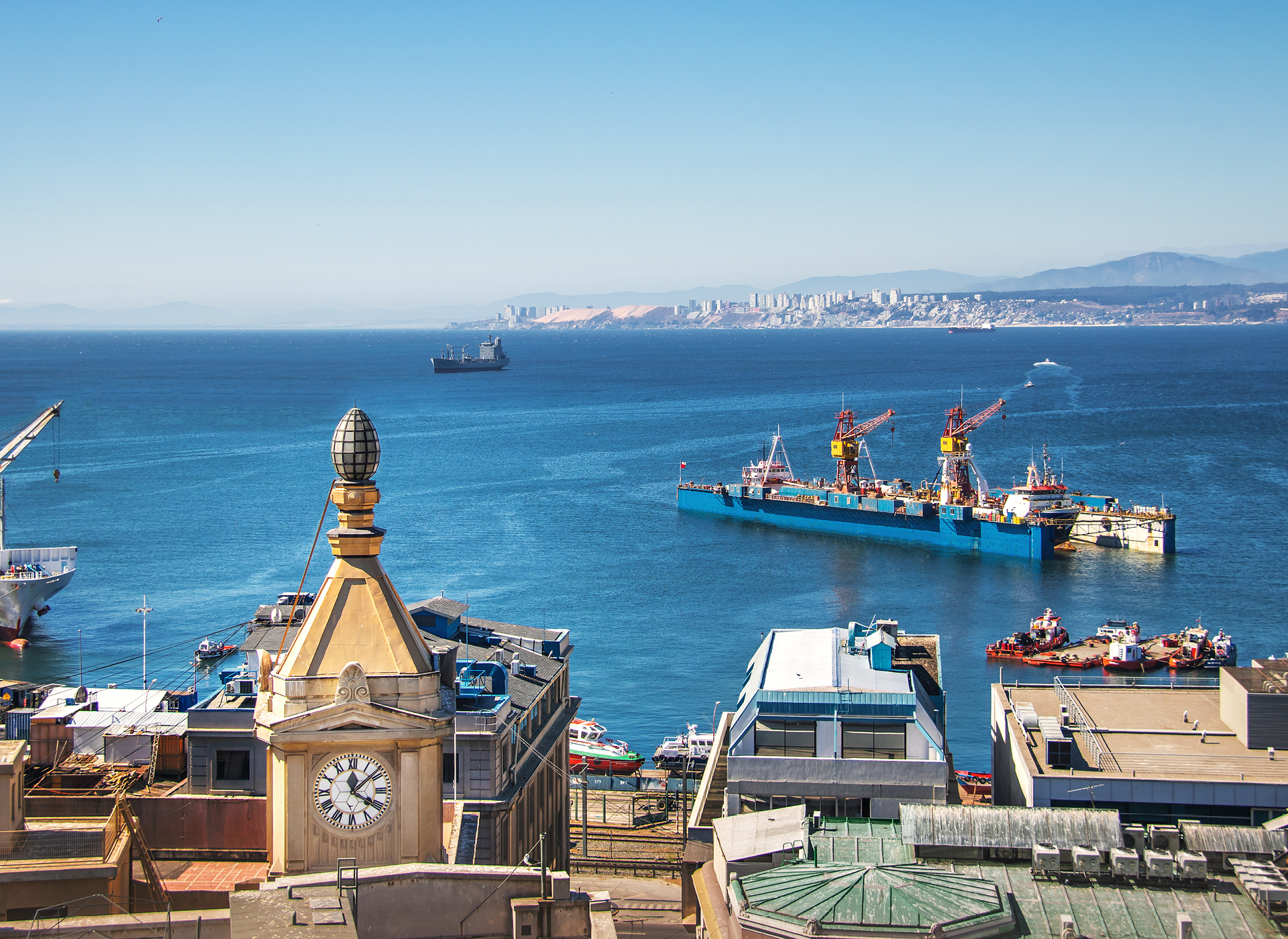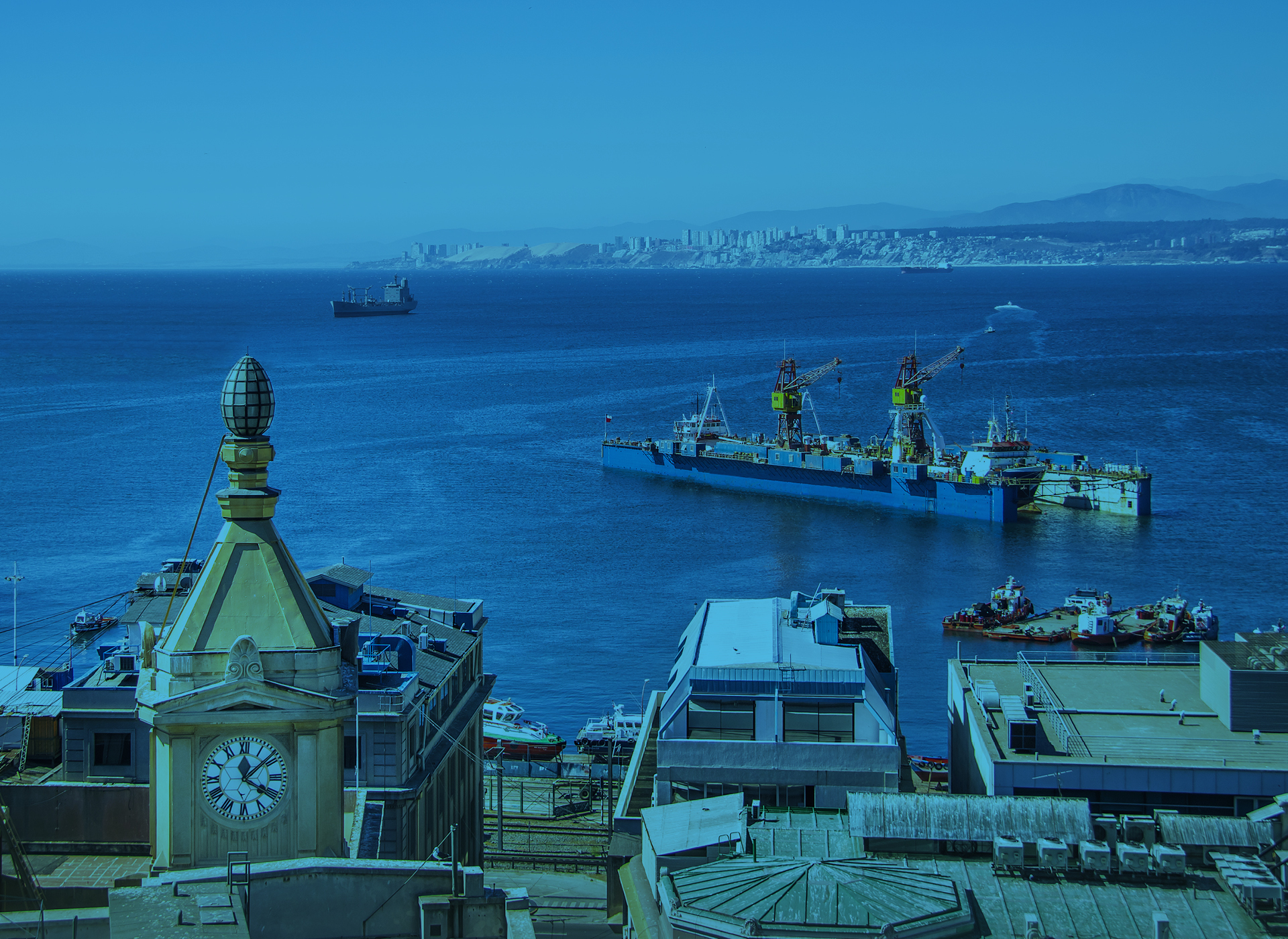In today’s globalized world, companies are constantly seeking ways to optimize their logistics operations and reduce costs. One of the most effective strategies to achieve this is Cross Trade or Triangular Operations. This method of international trade allows goods to be shipped directly from one country to another, without needing to pass through the seller’s country. In this article, we will delve into what Cross Trade is, the different types that exist, its numerous advantages, and answer the most frequently asked questions about this method.
What is Cross Trade?
Cross Trade, also known as Triangular Operations, Cross Selling, or Cross-Border Trade, is an international transportation service where goods are sent directly from one country to a third, without passing through the seller’s country.
There are three main agents: the supplier company, the intermediary company, and the client. Each of them is in different countries. In this way, in Cross Trade, the intermediary company acts between the buyer and the seller, handling all kinds of procedures (payments, documentation…).
Cross Trade is the preferred option for companies seeking to optimize their supply chains and reduce their logistics costs, as they avoid unnecessary customs procedures in the seller’s country.

The Two Types of Cross Trade
Intracommunity Operations
This type of Cross Trade is carried out between three countries that are members of the European Union. In this case, the supplier, the intermediary, and the final client are all within the European Union.
This is the simplest type of Cross Trade, as all the operating countries share common customs and tax regulations.
Extracommunity Operations
- Pure Triangular Operations
In these, the three agents (supplier, intermediary, and final client) are located outside the European Union. This type of global logistics is completely extracommunity, which implies greater difficulties regarding customs and local regulations.
- Mixed Triangular Operations
In this case, at least one of the agents is within the European Union, while the other two are outside it. This type of Cross Trade, by combining aspects of intracommunity and extracommunity operations, can present complexities concerning the management of documentation and regulations.

Advantages of Cross Trade
Among the main advantages of Cross Trade are:
1. Reduced Delivery Times
By not needing to send the goods through the seller’s country, delivery times are significantly reduced. This facilitates the handling of shipments from anywhere in the world, speeding up processes and improving the efficiency of the supply chain.
2. Fewer Customs Procedures
Cross Trade reduces the number of necessary customs procedures, minimizing transportation costs. This simplifies the logistics process and reduces bureaucratic procedures, making shipments faster and less expensive.
3. Improved Competitiveness
By reducing costs and times, companies can offer more competitive prices. Final customers also get better prices on products due to the reduction of storage costs at intermediate points. This improvement in competitiveness benefits both manufacturers and consumers.
4. Various Transportation Modalities
Cross Trade offers the possibility to use various transportation modalities, including FCL, LCL, containers for oversized cargo, flat rack, open top, and dangerous goods. This allows companies to choose the most suitable transportation option for their specific needs, optimizing costs and delivery times.
5. Fast and Guaranteed Payment
Operating with a buyer with whom there is already a consolidated business relationship allows manufacturers to receive payments quickly and with guarantees. This improves the liquidity and financial security of manufacturers, ensuring smoother and more reliable transactions.
6. Lower Transportation and Storage Costs
By simplifying intermediate points, the transit time of goods is shorter, while saving taxes and governmental procedures. All this translates into lower costs for both the company and the customer.
Frequently Asked Questions About Cross Trade
What differentiates traditional logistics operations from Cross Trade?
Unlike traditional transportation, where goods must pass through the country of origin before reaching the final destination, Cross Trade allows goods to be sent directly to the destination country without the need to transit through the supplier’s country.
What types of cargo can be transported through Cross Trade?
In Cross Trade, all types of cargo can be transported, adapting to the specific needs of each client. From groupage (LCL) and general cargo (FCL), air cargo, to special project cargo.
What documentary and customs requirements are necessary to carry out Cross Trade operations?
Among the documents that may be needed to carry out a Cross Trade operation are:
- Packing List, detailing the contents of the shipment (product description, quantity, weight, dimensions…).
- Commercial invoices, specifying the value and description of the goods.
- Certificates of origin, indicating the country of manufacture of the goods.
- Transportation documents, such as the Bill of Lading, the air waybill, or the consignment note.
- Licenses and permits, which will depend on the type of goods and the countries involved.
- Customs declarations completed and submitted in the countries of origin, transit, and destination.
- Cargo insurance to protect the goods during transportation.
- Specific documentation, in case of hazardous goods, perishable products, etc.
Is it possible to carry out Cross Trade between any country in the world?
Yes, it is possible to carry out Cross Trade from and to any part of the world. Cross Trade transportation is very flexible and adapts to the needs of international trade. At Transped, thanks to our global network of agents, we offer safe and reliable Cross Trade services in any country.
How much time is saved through Cross Trade transportation?
By not having to import the goods first to one country and then re-ship them to another, valuable time and intermediate procedures are saved with Cross Trade. Depending on each combination of countries, a different amount of time will be saved. Consult us for your specific case!

Your Cross Trade Operations with Experts
With Cross Trade operations, companies can optimize their logistics operations and significantly reduce costs. However, it is important to highlight the importance of having the support of an international logistics specialist before implementing Cross Trade services.
An experienced professional can analyze your logistics needs and recommend the most suitable strategy to obtain optimal and safe results. If you are interested in learning more about this transportation and its possibilities for transporting your goods, do not hesitate to contact us!

